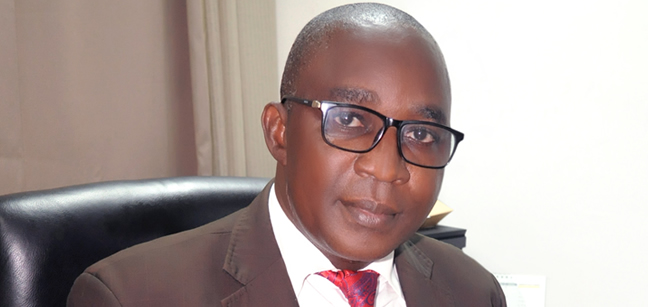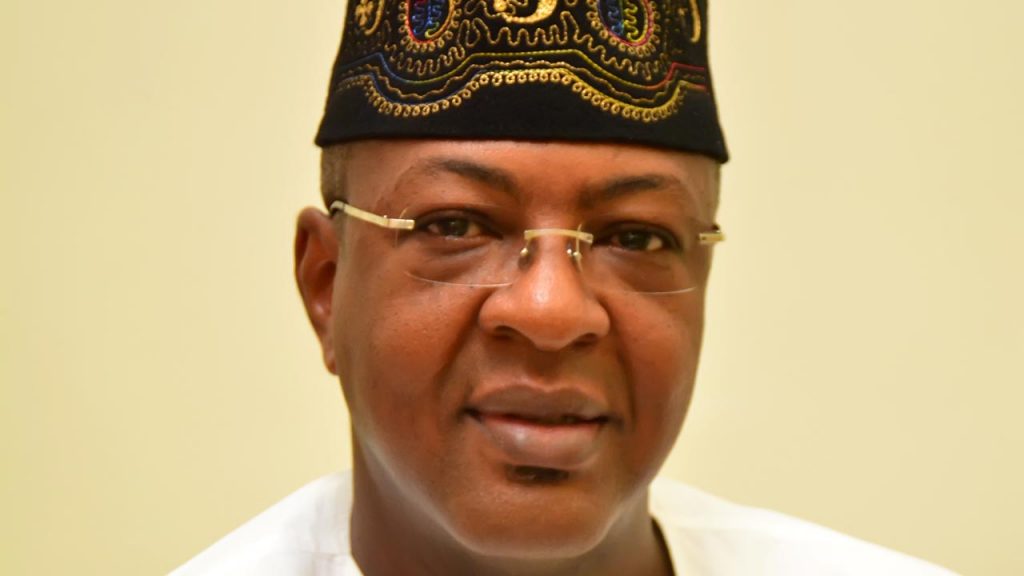FCDA should fight NTDC over federal allocation, says FTAN BoT Chairman
Posted on: August 23, 2021, by : uguru okorie
Chief Samuel Alabi
The Chairman Board of Trustees of the Federation of Tourism Associations of Nigeria (FTAN), Chief Samuel Alabi has called on the Federal Capital Development Authority (FCDA) of the Abuja Federal Capital Territory (FCT) to institute a legal action against the Nigerian Tourism Development Corporation (NTDC) and join the National Assembly over illegally usurping the federal allocation that, according to him, rightly belongs to the department of tourism of the FCDA. Alabi said this in an interview Africa Travel Herald.

Mr. Folorunsho Folarin-Coker, NTDC DG
The FTAN BoT chairman was reacting to the efforts by the leadership of the NTDC to amend the NTDC Act of 1992. He said: “I read the bill ‘The Nigerian Tourism Development Authority…’ they didn’t call it corporation, and I asked myself, who counseled them to do that, because tourism now, at the Federal level, is now Federal Capital Territory (FCT) affairs.
“The Federal Capital Development Authority (FCDA) should be bold enough to fight the NTDC and join the National Assembly to stop further allocation to the NTDC because the money rightly belongs to FCDA department of tourism. Tourism is no longer federal affairs. It is state or FCDA as we know it.”
Speaking on the position of the constitution on supervision and development of domestic tourism in the country, Alabi said: “Let me quickly clarify to you that the Supreme Court’s decision of 2017 only confirmed the constitutional provisions of the 1999 constitution. You know people are quick to make comparison with what is happening in Ghana, the Gambia and some other countries in the world. But they have forgotten that each country has its own grand norm which the constitution. It is the constitution of the country that specifies the type of government of the day that would be run.
“For instance, the Gambia and Ghana are unitary governments. They are not operating a federal system of government.
“The remarkable difference between a federal system of government, and a unitary system of government is the division of legislative powers. In the federal system of government, some powers would be reserved exclusively with the federal legislative arm, while some items would be left for both levels of government: state assemblies and federal legislative arms to legislate on. However, where there are conflicts, the law of the federal level will prevail over the law of the state.
“Then we have the lists that not stated at all. They are not listed; the constitution is silent. It means that is residual. Those non listed item are meant for states.
“So, in the unitary system of government, there is no such, legislation will come from the centre. All the other provinces will be passing by-laws based on the enabling law at the centre . But in the federal system of government, to extent of its permissible powers granted to that level of government, that level of government can pass a valid law.
“Bringing it home and under the 1999 constitution, there was nowhere the issue of tourism, and let me quickly add the issue of culture was mentioned, because that is future conflict, was mentioned in the exclusive legislative list. It is equally not mentioned under the concurrent legislative list. Therefore, those two items are residual in nature. They are basically within the power of a state to legislate, regulate on issues, matters and activities relating to those items.
“Therefore in the heat of dual registration campaign the Nigerian Tourism Development Corporation (NTDC) and the Lagos State ministry tourism, I was the president of FTAN at that time. The NTDC encouraged the then Attorney General of the Federation to file an action against the Attorney General of Lagos State in respect of concurrent registration of hotels or tourism establishment by the Lagos State government. We all knew then where the case would end because of the stipulation of the constitution. So, quite naturally, in accordance with the tenet of the constitution, the Supreme Court ruled in favour of Lagos State by saying the regulation of tourism business is a residual matter and therefore left for states to regulate.
“The Federal Government in the case tried to make allusion to ‘tourist traffic’ because tourist traffic is on the exclusive legislative list, but the court pointed that cannot be tourism. We all know what tourist traffic is. Tourist traffic involves tourist visas, people coming into Nigeria, that is tourist traffic. Therefore, if anybody is coming into Nigeria, Lagos State has no time to contend with the Federal Government that they are going to issue visas. So, that still remains in the ambit of the Federal Government’s control.
“From the day of that judgment, it is now clear that have exclusive right to regulate tourism. May I also add that the issue of taxation was not mentioned there. The Supreme Court did not validate any tax, because what was before the court was power to regulate tourism sector.
“Of course, reading from there, the Lagos State government came up with ingenious laws. They changed it from sales tax to hotels and restaurant consumption tax, changing the sales tax that was meant for all the sectors and limiting it to hotels occupancy and consumption tax law in view of the previous appellate court decision nullifying sales tax.
“So, as we have it now, tourism is a state matter and that was given in the of HOMAN against the Attorney General of the Federation and the Attorney General of the Federation and recently in the case between the Rivers state government and the Attorney General of the Federation where the Federal High Court clearly stipulated that VAT being an extension of hospitality business tax cannot be collected by the Federal Inland Revenue Service (FIRS).”
